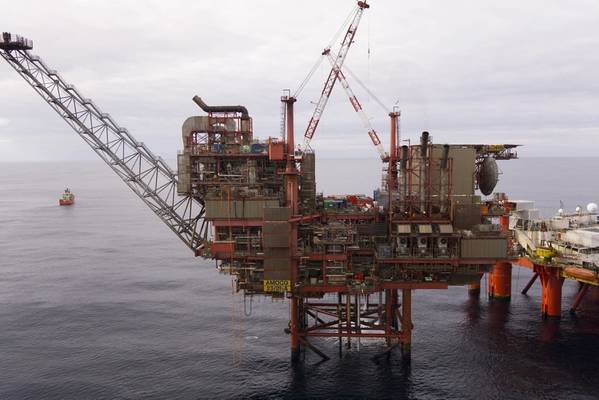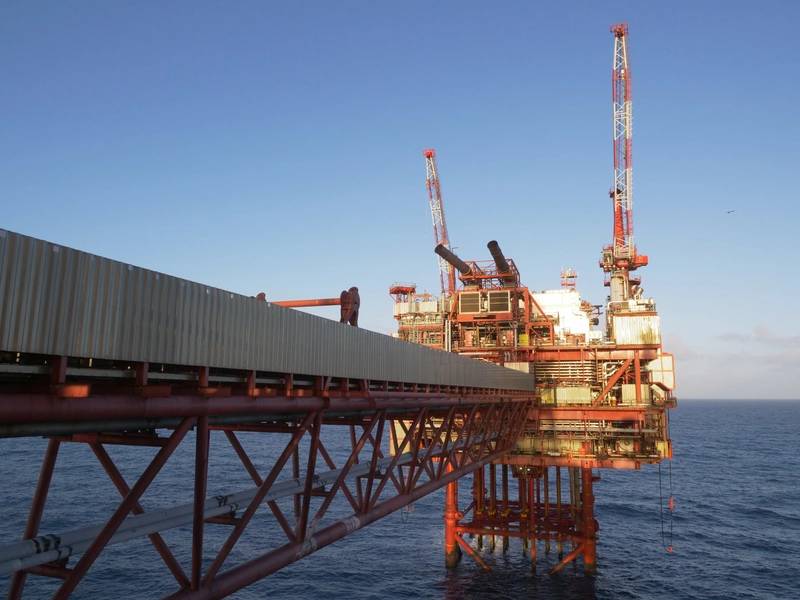
North Sea oil and gas producer Harbour Energy has tapped consultancy Xodus to assess the infrastructure and modifications required to enable electrification of the oil and gas company's Central North Sea platforms.
The move comes following the successful delivery of a power optimization study examining the opportunities available to rationalize the generation systems on the Everest and Lomond assets. The assets are operated by Harbour Energy, which was created recently through a merger between Chrysaor and Premier Oil.
Implementing electrification on offshore assets can reduce operational expenditure, increase uptime across all assets and minimize carbon emissions to the atmosphere, Xodus said.
Xodus has cited the Oil & Gas Authority’s UKCS Energy Integration Report from 2020, which calculated that electrification could abate UKCS oil and gas operational emissions by 2-3MtCO2 p.a. by 2030, which is the equivalent of reducing 20% of today’s production emissions, rising to 40% by 2030. The report also found that platform electrification could extend the operating life of existing assets and achieve cost efficiencies in the development of new oil and gas fields. Everest Platform - Credit: Harbour Energy
Everest Platform - Credit: Harbour Energy
"Xodus performed an in-depth, integrated subsea and topsides study to assess the scope and scale of the project required to electrify the assets. The company also analyzed the operational savings that could be realized in terms of fuel usage and maintenance burden across all assets from now until the cessation of production," Xodus said.
James McAreavey, Concept Development Manager at Xodus said: “A study of this nature requires an integrated multi-discipline engineering team that understands the critical elements of both renewable energy and traditional oil and gas operations in order to identify the true challenges and opportunities associated with large scale electrification of existing oil and gas assets.
"This study has the potential to provide essential input to the wider oil and gas community within the North Sea to enable a significant reduction of carbon emissions from offshore operations.”
Xodus said its analysis has assessed a wide range of low carbon power sources and the extent of electrification on the existing assets to help inform Harbour Energy’s future plans to transition to Net-Zero.



